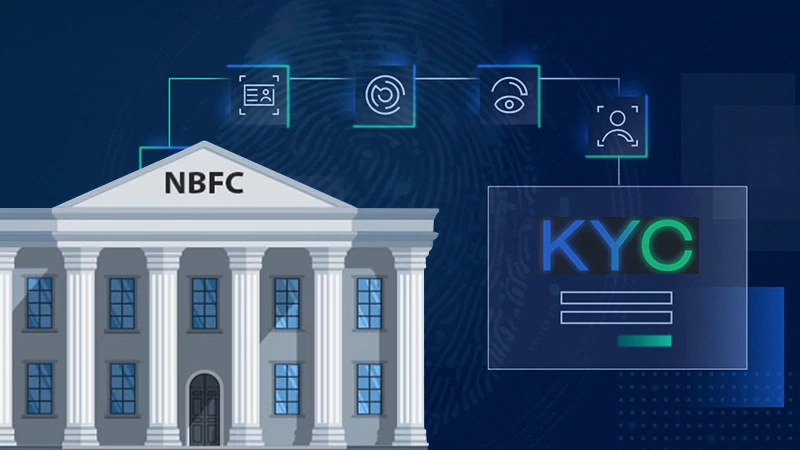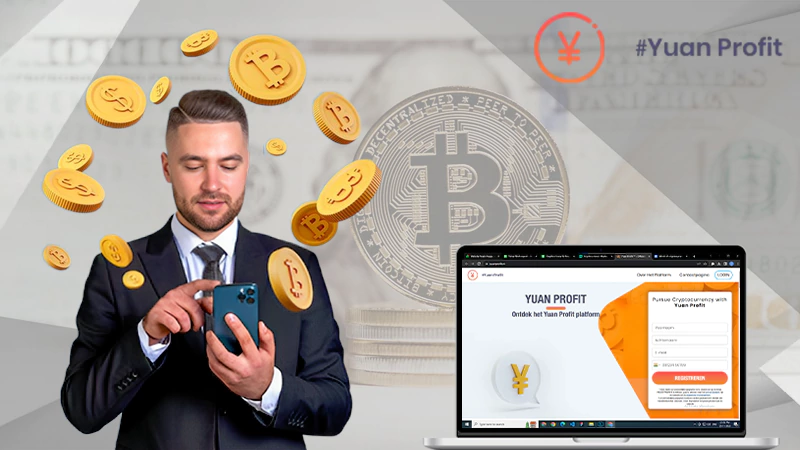Bridging the Distance: How to Send Money to Your Loved Ones Overseas
Living in a globalized world means that our loved ones may often be scattered across different countries, making it essential to find secure and efficient ways to send money internationally. Whether it’s to support family members, send gifts, or cover emergencies, there are various methods to bridge the distance and make sure your funds reach their destination safely.

Understanding International Transfers
Before you begin, it’s crucial to understand the various options available for international money transfers. Banks, money transfer operators (MTOs), and online platforms all offer distinct services, each with its pros and cons when doing an international money transfer from the US. Banks often have established networks and may offer a sense of familiarity, but they can be slower and costlier due to intermediary banks involved in the process. On the other hand, MTOs are known for their transparency, faster processing times, and competitive exchange rates. Understanding the pros and cons of each option will help you make an informed decision based on your specific needs and circumstances.
Ensure Security and Safety
Sending money internationally involves a certain level of risk, as it requires sharing sensitive financial information. To ensure the security and safety of your funds, opt for well-established and reputable money transfer providers. Look for companies that employ robust encryption protocols and fraud protection measures to safeguard your transactions. Avoid sharing your login credentials or personal information through unsecured channels to minimize the risk of falling victim to scams or unauthorized access.
Consider Local Regulations and Taxes
Every country has its own set of regulations and tax policies concerning international money transfers. Some countries may impose restrictions on the amount of money that can be sent or received, while others may require reporting for tax purposes. It’s essential to familiarize yourself with the regulations of both the sending and receiving countries to avoid any legal issues or delays in processing. Try consulting with financial experts or the relevant authorities to provide clarity on compliance with local laws and tax obligations.
Communicate with Your Recipient
Clear and open communication with your recipient is essential when sending money overseas. Before initiating the transfer, share all relevant details, including the amount, currency, and expected delivery time. Make sure the recipient is aware of the transfer and has the necessary information to collect the funds. Providing a transaction reference number or confirmation details can help both parties track the progress of the transfer and make sure it reaches its destination without any hiccups. Lastly, try to stay in touch with your recipient to confirm the receipt of funds and be able to address any concerns promptly.
Sending money to loved ones overseas sometimes requires thoughtful consideration and a bit of research. By exploring different options, comparing exchange rates and fees, and prioritizing security, you can bridge the distance and provide financial support to your family and friends no matter where they are in the world. Stay informed and updated on the latest trends and innovations in international money transfers to make the process even more seamless and efficient.
Follow Us
Latest Post
















